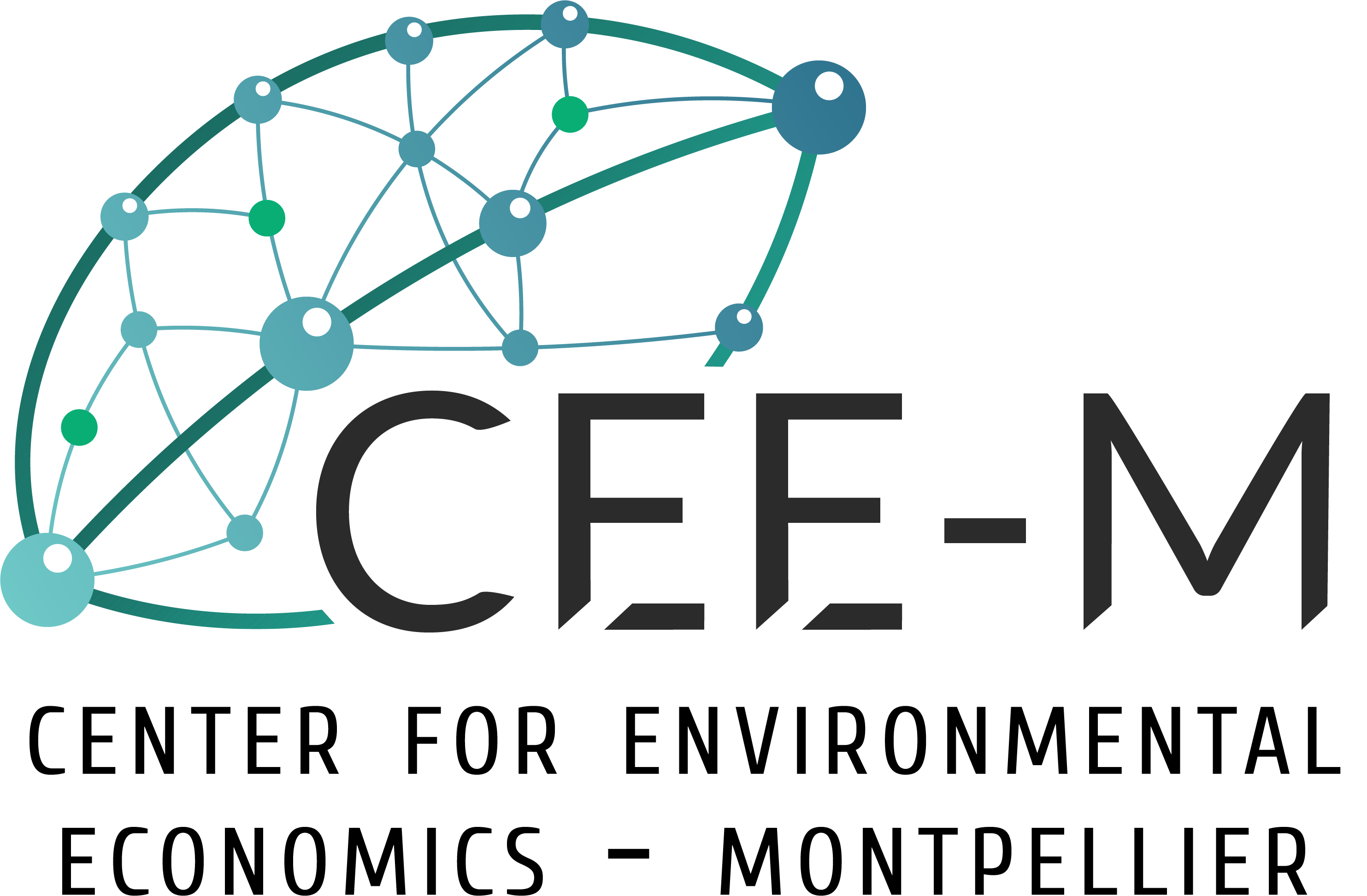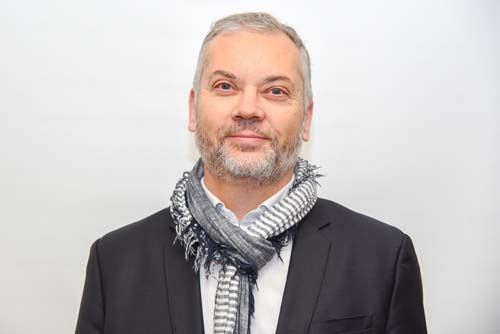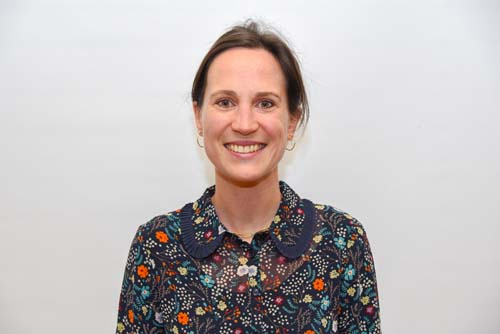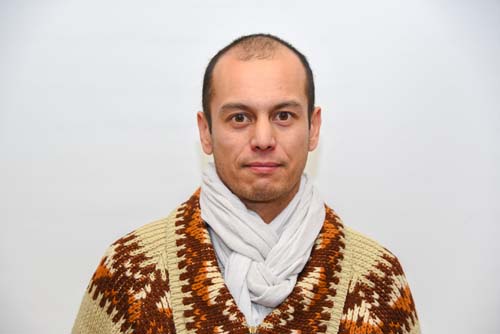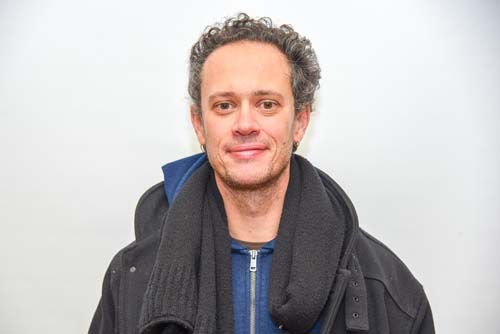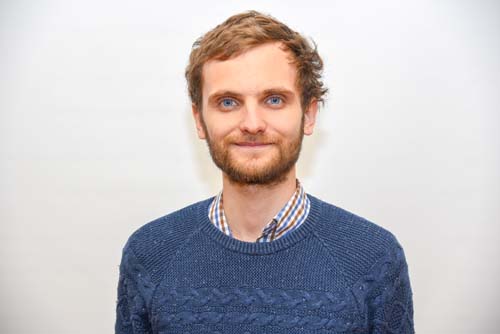
One major consequence of ecological disruptions and climate change is to make our future more and more uncertain, and societies face the challenge of moving toward a greener and sustainable economy. This raises a number of scientific challenges: among others, it is important to appropriately define and assess environmental risks, to understand how individuals behave in such situations, and to analyze how innovative financing and investment strategies might help societies address environmental changes.
This research group tackles these challenges by relying on research expertise in environmental economics, experimental economics, econometrics and finance. In particular, our research combines theoretical and experimental methods, option value theory, optimization under uncertainty and laboratory experiments.
Research works are focused on two main priorities. The first one is related to the problem of risk modeling. The aim is to analyze mitigation, prevention and adaptation behaviors in risky environments in order to understand how to deal with major environmental risks. The second priority focuses on the potential of investment and financing strategies to address environmental challenges. Different issues are analyzed, such as the impact of firms’ corporate social and environmental responsibility strategies, or the price dynamics in environmental markets.
Faculty members
Ph.D Students & Post-docs
Inventory growth cycles with debt-financed investment
Forward planning to maintain the attractiveness of coastal areas: Choosing between seawalls and managed retreat
Debt and investment in the Keen model: a reappraisal of modeling Minsky
Energy production and health externalities: evidence from oil strike refineries in France
Positional concerns and framing effects in financial preferences
Structural estimation of farmers' risk and ambiguity preferences: a field experiment
Should i go by bus? The liberalization of the long-distance bus industry in France
- Funding : ORA-Plus framework by the French National Research Agency (ANR), the Netherlands Organizations for Scientific Research (NWO), German Research Foundation (DFG), Japan Society for the Promotion of Science (JSPS )
- Duration : 2016 – 2019
- Contact : WILLINGER Marc
The project aims to analyze the effects of macroeconomic policies, both monetary and fiscal, regulations related to information disclosure, and introduction of financial instruments within analytical frameworks that are based on more realistic behavioral foundations.
We will conduct research both at the individual and collective levels by combining laboratory experiments, computational experiments, and mathematical modeling, while paying a close attention to how individual decisions are aggregated into collective outcomes how collective outcomes feedback into individual decisions.
- Funding : French Research National Agency ANR-17-CE02-0011
- Duration : 2017-2019
- Contact : WILLINGER Marc
Humans have colonized diverse environments so that specific genes, providing adaptation to each environment, are highly likely to have locally evolved (such as adaptation to high-altitude hypoxia).
These genes provide adaptation to a local, or specific, environment through a permanent physiological change or, alternatively, a behavioural change. Numerous genes are known to influence behaviour in experimental settings, such as alleles at the dopamine receptor locus D4 (DRD4), which is associated with attitudes toward risk.
However, direct evidence of selection acting on such genes is, to date, lacking. Active volcanoes and their exposed populations represent unique assets in the study of the roots of such adaptation responses.
The aims of this project are thus to: 1) study risk-taking people behaviour across contrasting environments, both at-risk and (almost) without risk; 2) examine the possibility of a local adaptation to risky environments; and 3) identify all relevant selected genes involved in this local adaptation.
The at-risk environments considered are flanks and surrounding plains of hazardous, active volcanoes, on which stable rural groups have developed.
